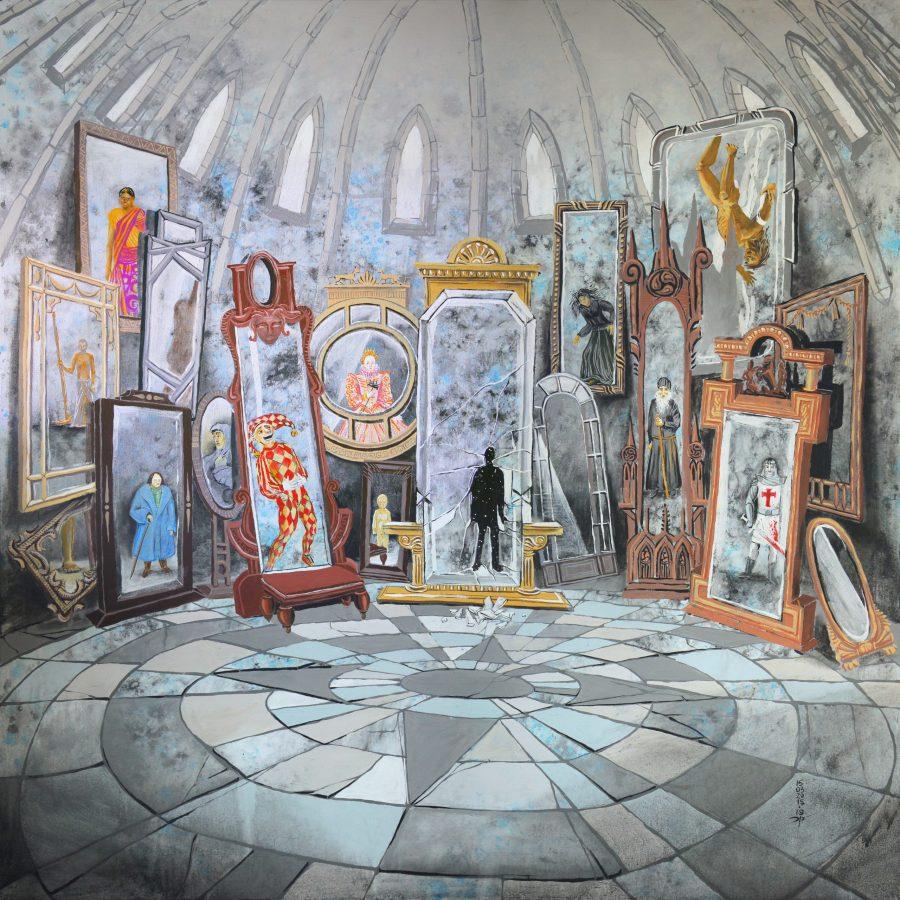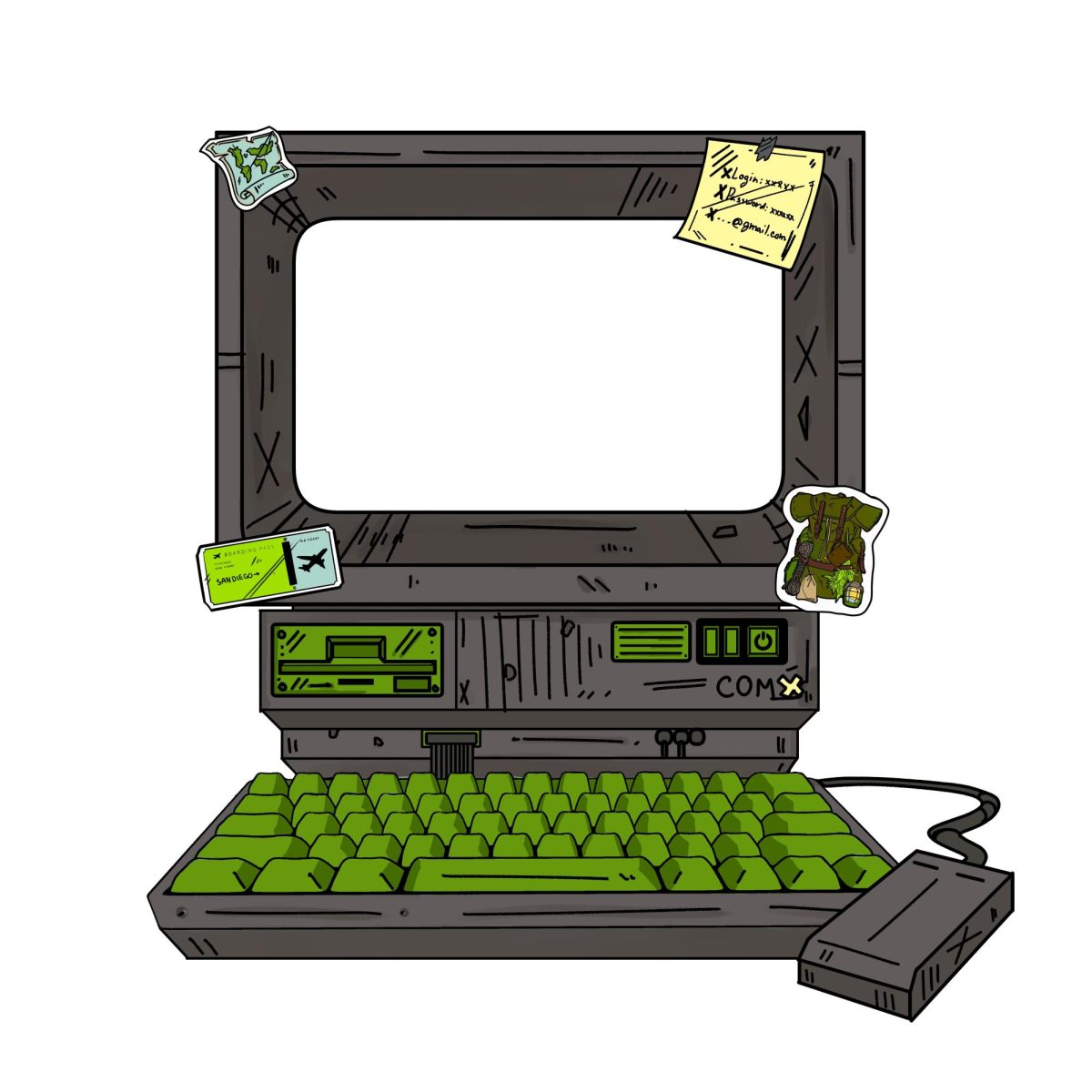Image by Дмитрий Хрусталев-Григорьев from Unsplash
“What are three words that describe you?”
This question has haunted me for years. Everywhere I go, from school ice breakers to job interviews, people ask me to describe myself using a few simple adjectives. My answers are usually catered to whomever I’m talking to: I’ve told my boss I’m determined, my teachers I’m hardworking, and my classmates I’m fun. None of these responses require any deep consideration, but they aren’t entirely inaccurate either.
But what if there was a free test that could tell you exactly how to describe yourself? Something that not only analyzes your personality, but also provides an in-depth discussion of your strengths, weaknesses, and relationship habits? If you’ve read the title of this article, you already know what I’m talking about: online personality tests!
Personality tests have become extremely popular in recent years. People take them all the time and use the results to help navigate their daily lives. According to an article by Elizabeth Dwoskin and Lauren Weber from The Wall Street Journal, personality tests have begun to make their way into the professional domain, with some workplaces requiring their employees to take them as soon as they are hired.
If I’m being honest, I’ve always been skeptical of these tests. Having a computer tell you who you are as a person seemed silly and somewhat careless. Every answer seemed to be a result of the placebo effect and never any actual science. They were like Hogwarts houses or Divergent factions: fun, but without any real meaning.
To test this, I took five free online personality tests, each one differing in method, length, and credibility. I wanted to find out how consistent the results would be, as well as how accurate they were to my own perception of myself. The tests I took were the:
- Myers-Briggs Personality Test – which one of sixteen personality types represents you best,
- PATH Assessment – focuses on what your best and worst attributes as an employee are,
- Test Color – choose your favorite and least favorite colors and it tells you about your personality,
- DISC Personality Test – tells you wha.t careers you should pursue based on one of four personality types,
- Who Am I? Quiz – reveals your personality based on the OCEAN Big Five Model.
The results of these tests were … surprising, to say the least.
Every test I took had somewhat similar results. They all described leadership, organization, and innovation to be my strengths, while flexibility was my biggest weakness. Most of them said I was extroverted as well as competitive to a fault. Other aspects were a bit less clear, with each test disagreeing on how comprehensive my creativity and decision-making skills were. In summary, they succeeded in having a consistent interpretation of my dominant personality traits, even if they did struggle with some of the more nuanced ones.
But the similarities in the results were not the most interesting part. Most of the tests had similar questions, which could have been the reason why they had similar answers. Additionally, for many of the tests, there were not many personality type options, meaning that each type likely had broad criteria that made consistency easier. No, what was the most interesting was how different the results were from my own view of myself.
If I went back to the question I asked at the beginning of this article and really thought about my answers, the words “leader,” “organized,” and “innovative” wouldn’t even come to mind! Sure, I could see myself being those things, but I would not say that they are the strongest aspects of my personality. But who is more right? Me or the computer? Or in other words, can we actually have accurate perceptions of ourselves or are we simply too close to tell?
For this part, I decided to do a bit of research. An article by Angus Chen from Scientific American stated that personality tests simply sort what answers you gave during the test into categories and that they do not have any information about you that you did not provide. Additionally, people respond to personality tests differently based on their mood, causing varied results. Many tests that claim to have a scientific basis are actually just pseudoscience and have very little backing in the scientific community. So, while I do not want to sound arrogant, my original assumptions were correct!
To conclude, what I learned about myself from personality tests did not come from the tests themselves. Rather, I learned that even though describing yourself is difficult, it is better to trust your own judgment of who you are rather than taking some online quiz. The results can seem real, but that doesn’t mean they are. And while it may seem like we do not know ourselves, I would think that our self-analyzing skills are stronger than we think.
So right now, the three words that describe me are “goodbye personality tests!”











Elisa • Dec 13, 2021 at 10:22 am
I also took tests like this. I wanted my resume to be true, and when I wrote about my qualities, it was not fiction. After using the website https://www.gotresumebuilder.com/ I created a great resume that worked great for recruiters
Tina Bull • Nov 5, 2021 at 3:30 pm
I have found that the real value in personality tests, is not in learning so much about oneself, as is it to learn about others. I am a CD style on the Everything DiSC assessment, and need to remind myself that others might not appreciate my curt, to-the-point beginning of conversations. I’ve learned to watch what my i and S colleagues do and have even learned to appreciate niceties and chit-chat at the beginning of meetings. I’ve learned that my boss has lots of ideas and needs to talk them through because she’s an i-style person. I can simply listen and not try to determine what tasks she’s asking me to do, because she isn’t asking, she’s thinking. I never think out loud and that’s fine, too.